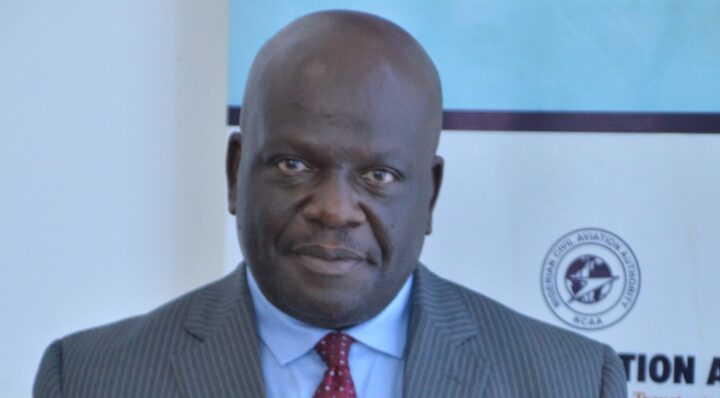A joint report by the United Nations Children Fund (UNICEF) and World Health Organisation says more than 70 percent of infants in Nigeria are denied the benefits of exclusive breastfeeding.
The report signed by Catherine Russell, UNICEF executive director, and Tedros Ghebreyesus, director-general of WHO, was released on Monday on the occasion of world breastfeeding week in Abuja.
According to the report, exclusive breastfeeding rate in Nigeria is at 29 percent, and the situation has increased stunting rate among under-five children to 37 percent.
The report stated that only 44 percent of infants benefitted from exclusive breastfeeding in their first six months of life.
Advertisement
It added that many infants who were not exclusively breastfed in their formative years are more vulnerable to diseases and death.
“In Nigeria, the exclusive breastfeeding rate is 29%, meaning that over 70% of infants in Nigeria are denied the aforementioned benefits of breast milk in their formative years,” the report reads.
“Only 9% of organizations have a workplace breastfeeding policy, indicating that mothers lack the enabling environment to optimally breastfeed their babies. The results are high stunting rates of 37% of children Under-5, of which 21% are severe, and wasting among children under 5 years of age (7%). They continue to present severe consequences for the child.
Advertisement
“Breastfeeding also acts as a baby’s first vaccine, protecting them from common childhood illnesses.
“Yet the emotional distress, physical exhaustion, lack of space and privacy, and poor sanitation experienced by mothers in emergency settings mean that many babies are missing out on the benefits of breastfeeding to help them survive.
“Fewer than half of all newborn babies are breastfed in the first hour of life, leaving them more vulnerable to disease and death. And only 44 per cent of infants are exclusively breastfed in the first six months of life, short of the World Health Assembly target of 50 per cent by 2025.
“Protecting, promoting, and supporting breastfeeding is more important than ever, not just for protecting our planet as the ultimate natural, sustainable, first food system, but also for the survival, growth, and development of millions of infants.”
Advertisement
Add a comment






